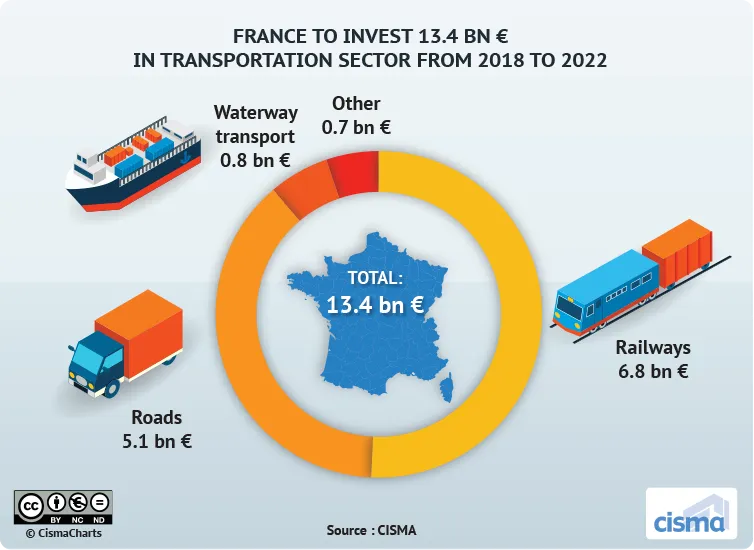The Swiss government has created a fund for street and urban transport works to help ease what it says will be a deficit of around €1.26 billion each year up to by 2030.
The fund will be created from a rise in road fuel tax from €0.27 to €0.33.
Added money will come from a tax on electric vehicles due to start in 2020 and which will raise around €84 million a year, rising to around €275 million.
The road maintenance fund also will receive around €366 million from taxes on imported cars and €320 mil
September 21, 2015
Read time: 2 mins
The Swiss government has created a fund for street and urban transport works to help ease what it says will be a deficit of around €1.26 billion each year up to by 2030.
The fund will be created from a rise in road fuel tax from €0.27 to €0.33.
Added money will come from a tax on electric vehicles due to start in 2020 and which will raise around €84 million a year, rising to around €275 million.
The road maintenance fund also will receive around €366 million from taxes on imported cars and €320 million from highway tolls.
Transport Minister Doris Leuthard set the stage for a tax hike when she announced the plans in February last year. She said at the time that traffic on Swiss roads has doubled since 1990 meaning Switzerland’s roads were wearing out that much faster.
At the time, the two transport associations TCS and ACS as well as the Swiss Road Transport Federation (ASTAG) welcomed Leuthard’s creation of the road fund but rejected the tax hike, according to a report by the Swiss English language newspaper The Local.
In a referendum in November 2013 the Swiss rejected government plans to increase the cost of a motorway tax disc to 100 francs from the current 40 as part of plans to pay for more road works.
The fund will be created from a rise in road fuel tax from €0.27 to €0.33.
Added money will come from a tax on electric vehicles due to start in 2020 and which will raise around €84 million a year, rising to around €275 million.
The road maintenance fund also will receive around €366 million from taxes on imported cars and €320 million from highway tolls.
Transport Minister Doris Leuthard set the stage for a tax hike when she announced the plans in February last year. She said at the time that traffic on Swiss roads has doubled since 1990 meaning Switzerland’s roads were wearing out that much faster.
At the time, the two transport associations TCS and ACS as well as the Swiss Road Transport Federation (ASTAG) welcomed Leuthard’s creation of the road fund but rejected the tax hike, according to a report by the Swiss English language newspaper The Local.
In a referendum in November 2013 the Swiss rejected government plans to increase the cost of a motorway tax disc to 100 francs from the current 40 as part of plans to pay for more road works.







